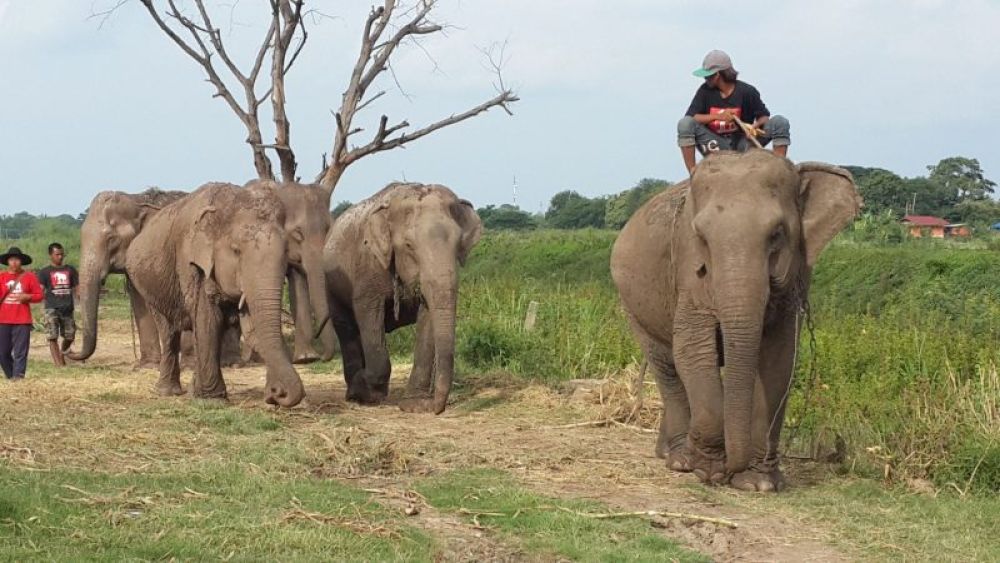

Ayutthaya, the former capital of the Kingdom of Siam, is a city steeped in history and culture. Established in 1350 by King U Thong, the Ayutthaya Kingdom grew to be one of the most influential and prosperous empires in Southeast Asia until its fall to the Burmese in 1767. The city's remnants were designated a UNESCO World Heritage Site in 1991, not only for the significant historical value but also for the impressive ruins that attract visitors from around the globe.
The history of tourism in Ayutthaya can be traced back to the early days of European contact when traders and missionaries wrote about the grandeur of the city, generating interest that would last for centuries. However, it wasn't until the 20th century, with the advent of improved transportation and the development of archaeological pursuits, that Ayutthaya began to see a more organized form of tourism.
In the latter half of the 20th century, the Thai government started initiatives to preserve and restore the ancient temples, palaces, and statues that had been partially destroyed and overtaken by the jungle. Efforts include management of the Ayutthaya Historical Park that set the stage for a boom in cultural tourism.
Among Ayutthaya's offerings is the unique Elephant Stay, a program run by the Royal Elephant Kraal & Village. Elephants have long been intertwined with Thai culture, history, and royalty, and they played a crucial role in both mundane life and warfare during the days of the Ayutthaya Kingdom. The Elephant Stay is a reflection of this heritage, providing visitors with the opportunity not just to see elephants but to live and work with them in an authentic environment.
Tourism at Elephant Stay serves multiple purposes. It is an educational experience, teaching visitors about elephant behavior, their importance in Thai culture, and the conservation efforts necessary to protect these majestic creatures. Additionally, the program supports the welfare of the elephants themselves, ensuring they are well-cared-for, healthy, and able to live out their lives in a respectful setting.
In recent years, Ayutthaya has witnessed a shift in tourism trends. With a growing awareness of responsible tourism, there is an increased interest in heritage conservation and sustainable travel experiences. Visitors are more conscientious about the impacts of their travels and seek to engage in activities that are ethical and environmentally friendly.
Digital technology has also influenced tourism, with virtual tours, augmented reality (AR) applications, and social media playing significant roles in promoting destinations and enhancing the visitor experience. Ayutthaya's historical sites often serve as breathtaking backdrops for digital storytelling, connecting the ancient past with modern audiences.
With the rise of culinary tourism, Ayutthaya's traditional Thai cuisine has also become a drawcard, offering authentic flavors that tell the story of the city's diverse heritage and influences over the centuries.
Elephant Stay in Ayutthaya, Thailand, bridges the gap between the allure of ancient traditions and the modern quest for responsible and immersive travel experiences. As Ayutthaya continues to evolve as a tourist destination, it retains its timeless appeal, ensuring its place as a must-visit location for those looking to connect with the heart of Thai culture and history.